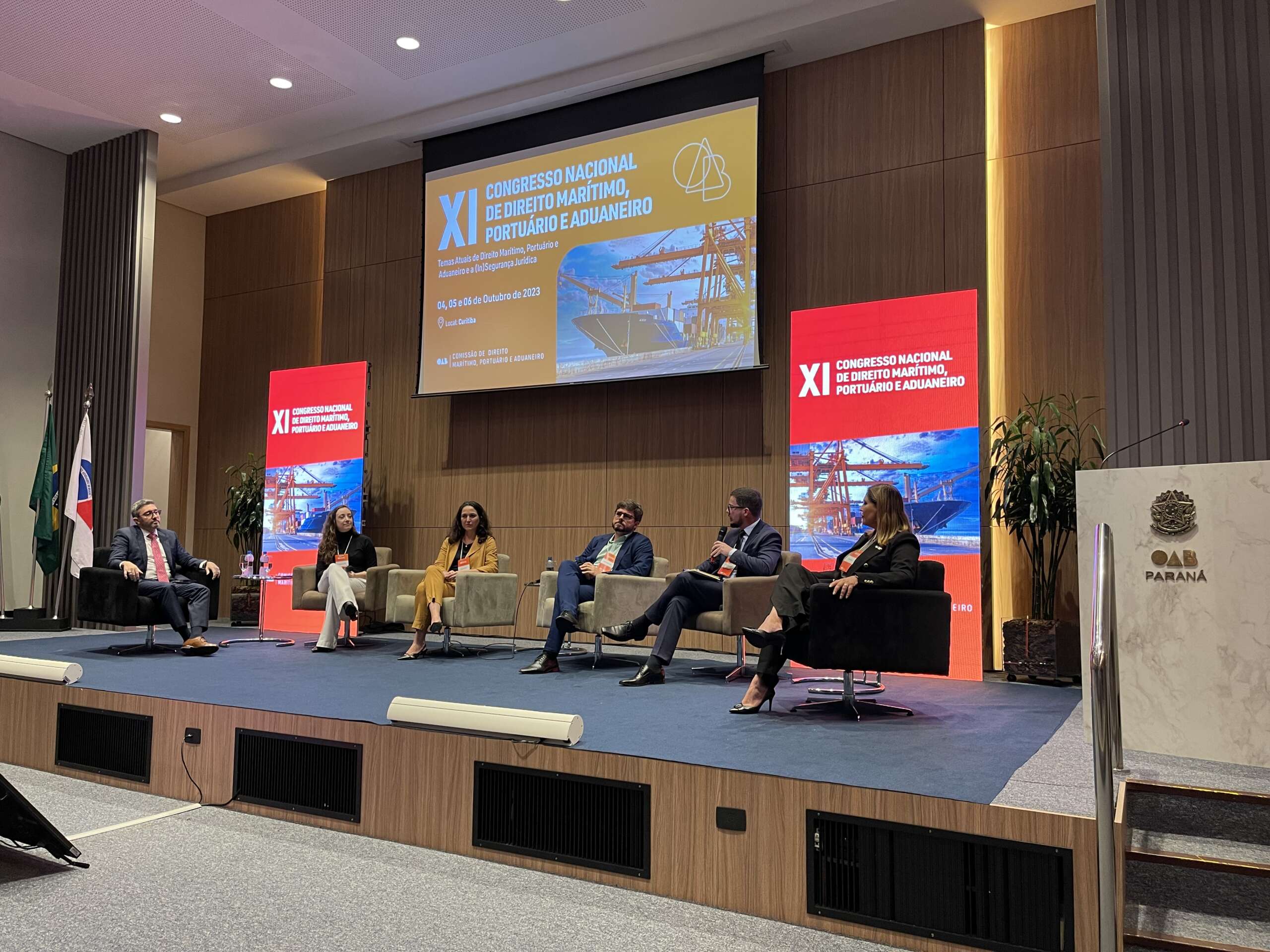The largest and most traditional legal event in the sector in the country was held between October 4th and 6th in Curitiba, and featured a panel mediated by the legal manager of the company that manages the Paranaguá Container Terminal.
From October 4 to 6, the 11th National Congress of Maritime, Port and Customs Law of the Sections of the Brazilian Bar Association (OAB), considered the largest and most traditional legal event in the sector in the country, took place in Curitiba. In this edition, the congress featured more than 30 speakers and debaters, including members of the Public Administration, control bodies and the private sector, one of whom was a representative of TCP, the company that manages the Paranaguá Container Terminal.
Held at the Curitiba headquarters of the OAB Paraná, the conference promoted a wide-ranging debate between the private sector, taking in the views of port terminals, lessees, brokers, importers, exporters, pilotage, freight forwarders, shipping agencies, NVOCCs, shipowners, users and other stakeholders in the sector, with the aim of reducing the impact of legal certainty on various segments. The event was attended by lawyers, students, trainees, legal professionals in general, representatives of the Executive, Legislative and Judiciary branches, and other interested parties.
During the program on the 5th, TCP’s legal manager, Rafael Stein Santos, acted as mediator of the panel whose main theme was the debate on trends to improve the operation of ports and legal certainty. Starting at 11 a.m. and ending at 12:30 p.m., the panel covered the following sub-themes: Port Concession and Operation Models, Privatization and port concessions, the private sector’s point of view, Concession of access channels: a solution to the eternal problem of dredging, and Smart ports in Brazil? The role of new technologies in the port sector.
According to Rafael, TCP seeks active participation in events like this. “The debates are extremely important for the development of the business, since port operation is a regulated activity and the regulatory legal framework is constantly evolving. The participation of the private sector is fundamental in congresses of this size, because it is a way of exposing the needs of the activity to the public agents who define the country’s public policies”, adds Stein.



